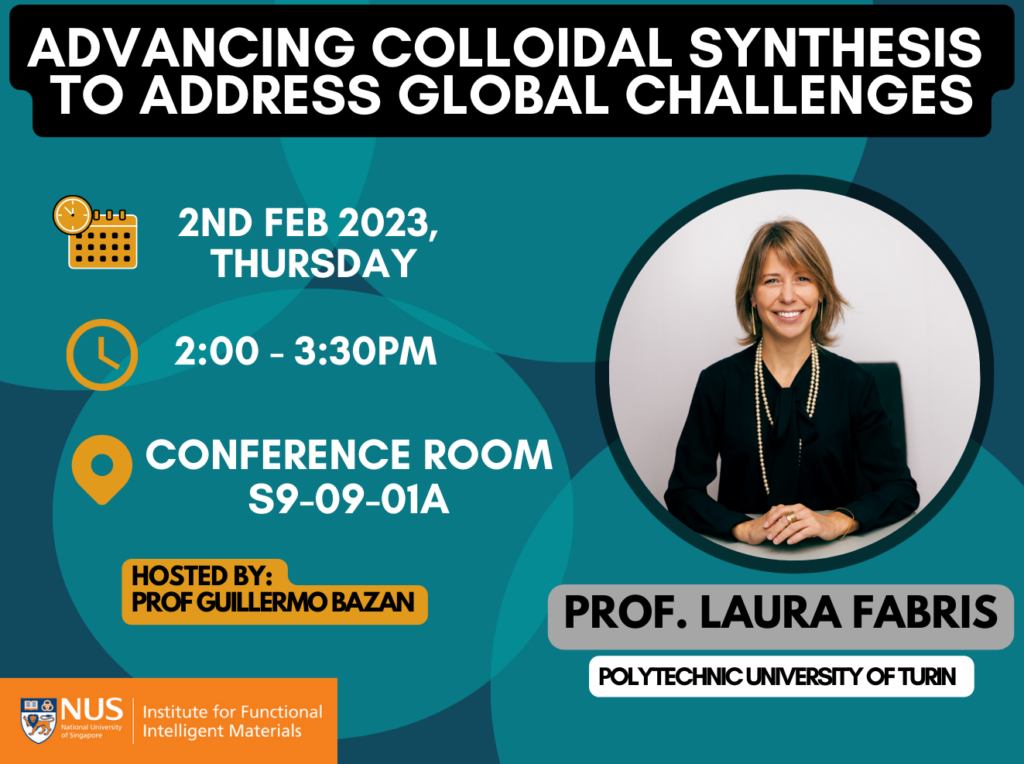ABSTRACT:
Our planet is populated by over 7 billion, highly interacting individuals, who are, at least in first world countries, enjoying longer, hyperconnected, and comfortable lives. These facts bring substantial strain to the healthcare systems, as people are more exposed to both communicable and non-communicable diseases. In stark contrast, communities in developing and low-income countries have limited access to healthcare. Similarly, while people in high income countries are putting substantial strain on energy resources, villages in low-income countries are completely off the grid. Therefore, there is the need to address healthcare and energy issues for both the rich and the developing countries, taking into account how approaches that could be effective for the rich world have to be made substantially cheaper, rugged, and portable to address the needs of low-income countries. In my talk, I will discuss how my group has been addressing these needs by developing new and advancing existing methods for the synthesis of gold nanomaterials, and by integrating them with novel approaches to diagnostics and catalysis.
BIOGRAPHY:
Laura Fabris received her B.S./M.S. degree in Chemistry in 2001 from the University of Padua, where she was awarded a Ph.D. in 2006. She was then a postdoc at the University of California Santa Barbara. In 2009 she moved to Rutgers University in the Department of Materials Science and Engineering where she remained as Associate Professor until 2021. Since June 2021, upon receiving an ERC Consolidator Grant, she has been a Full Professor at the Polytechnic University of Turin in the Department of Applied Science and Technology. Her research combines fundamental notions of nanomaterials chemistry and spectroscopy for the development of new technologies with clinical relevance.

